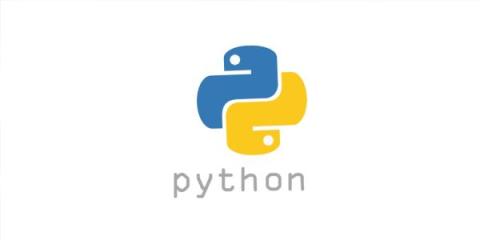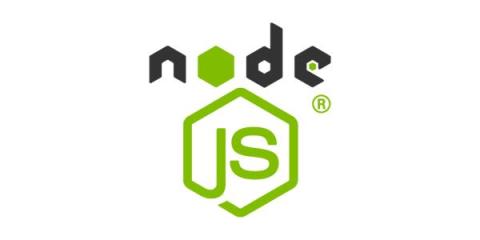DNS Record Types - Learn About DNS Record Types
DNS record types are essential components of the Domain Name System that provide crucial information about domains and hostnames. This article will explore the various DNS record types, including common ones like A, AAAA, CNAME, NS, MX, TXT, PTR, and SOA records, as well as less common types such as SRV, CAA, DNAME, and NAPTR records.











